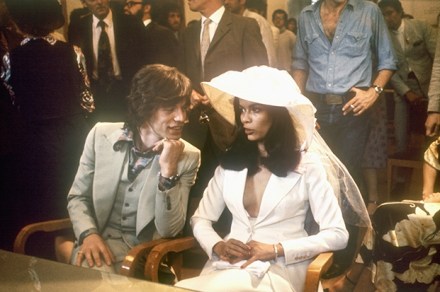In praise of rude nerds
The call centre problem — I’ve solved it. I now know how to get good service. The secret is to keep ringing back until you get a rude operative. Because, in this world at least, rude is the new polite. Admittedly it only works for technical help-lines, rather than call centres in general. But boy does it work. ‘Boy’ being the operative word — we’re talking here about the generation of young males who spent their teenage lives locked in bedrooms playing Call of Duty. Finally they were torn bodily from their consoles and booted out of the door by despairing parents. Confronted with that terrifying thing known as the

















